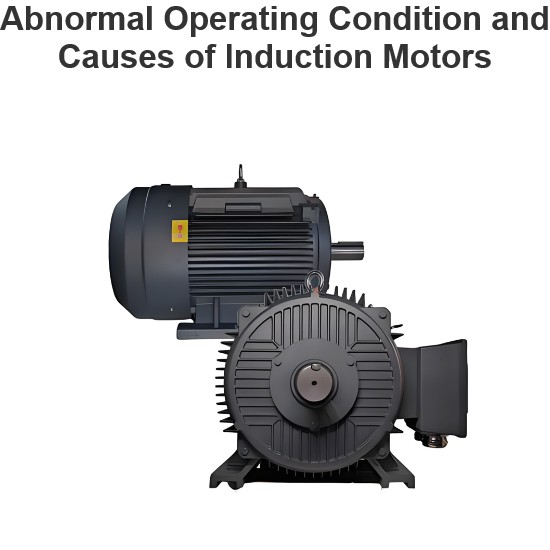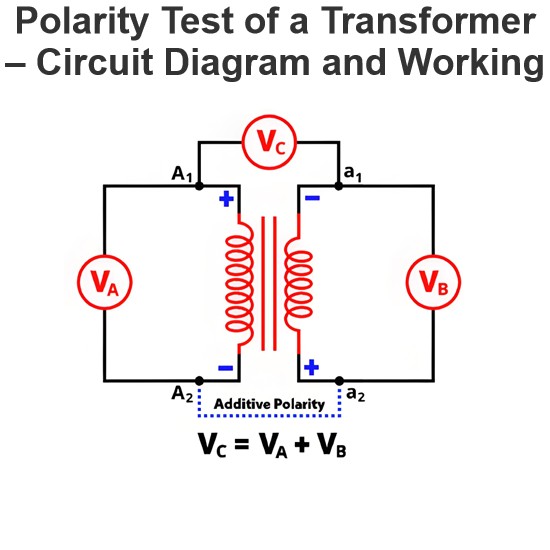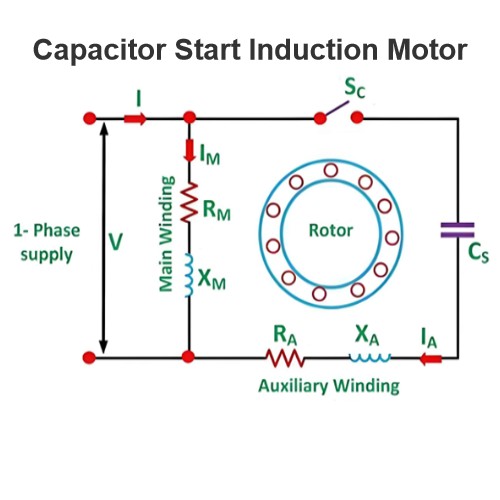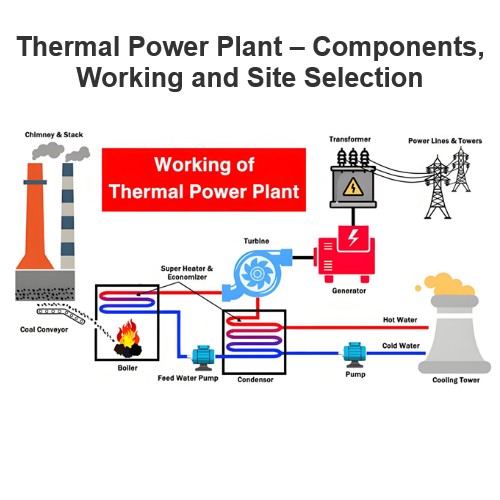What are the advantages and disadvantages of UPS?
An uninterruptible power supply is a device that can continue to provide power to the load in the event of a failure of the main power supply. It is widely used in applications that require continuous power supply, such as data centers, hospitals, and the financial industry. There are many types of UPS systems, including offline (backup), online interactive and online dual conversion.
Advantages of UPS
Prevent data loss: In the event of a sudden power outage, the UPS can provide enough time for a computer or other sensitive equipment to safely shut down, thereby preventing data loss or corruption.
Stable power supply quality: The UPS filters out spikes and fluctuations in the grid to provide a stable voltage and frequency to the load, thereby protecting the equipment from damage.
Extend equipment life: By stabilizing voltage and current, the UPS can reduce the impact of power fluctuations on equipment, thereby extending the service life of equipment.
Backup time: A UPS equipped with batteries or an external battery pack can provide backup power for a short period of time to buy time to start a backup generator, or to keep a critical load running during a brief outage.
Improved availability: For critical operations, UPS can provide almost uninterrupted power supply and ensure continuity of service.
Disadvantages of UPS
High cost: High-quality UPS systems are expensive, especially those with long backup times and advanced features. In addition, regular maintenance and replacement of consumables such as batteries are also required.
Take up space: Large UPS systems require dedicated space to install, which can be a challenge in data centers or other locations where space is limited.
Maintenance requirements: The UPS needs regular maintenance, including battery testing and replacement of aging components, to ensure that it can work properly in emergencies.
Efficiency issues: Some types of UPS may have a certain amount of energy loss during the conversion process, resulting in lower efficiency than if they were powered directly from the grid.
Noise issues: Some UPS systems produce noise when operating, especially those with built-in cooling fans.
Dependent on battery life: The performance and reliability of the UPS is largely dependent on the state of the internal battery, and if the battery is aged or damaged, the UPS will not be able to perform its intended role.
Overall, UPS is an important power guarantee device that can greatly improve the reliability and security of critical services. However, it is also necessary to consider the limitations of cost, maintenance and space requirements when deploying and using.
The Electricity Encyclopedia is dedicated to accelerating the dissemination and application of electricity knowledge and adding impetus to the development and innovation of the electricity industry.













